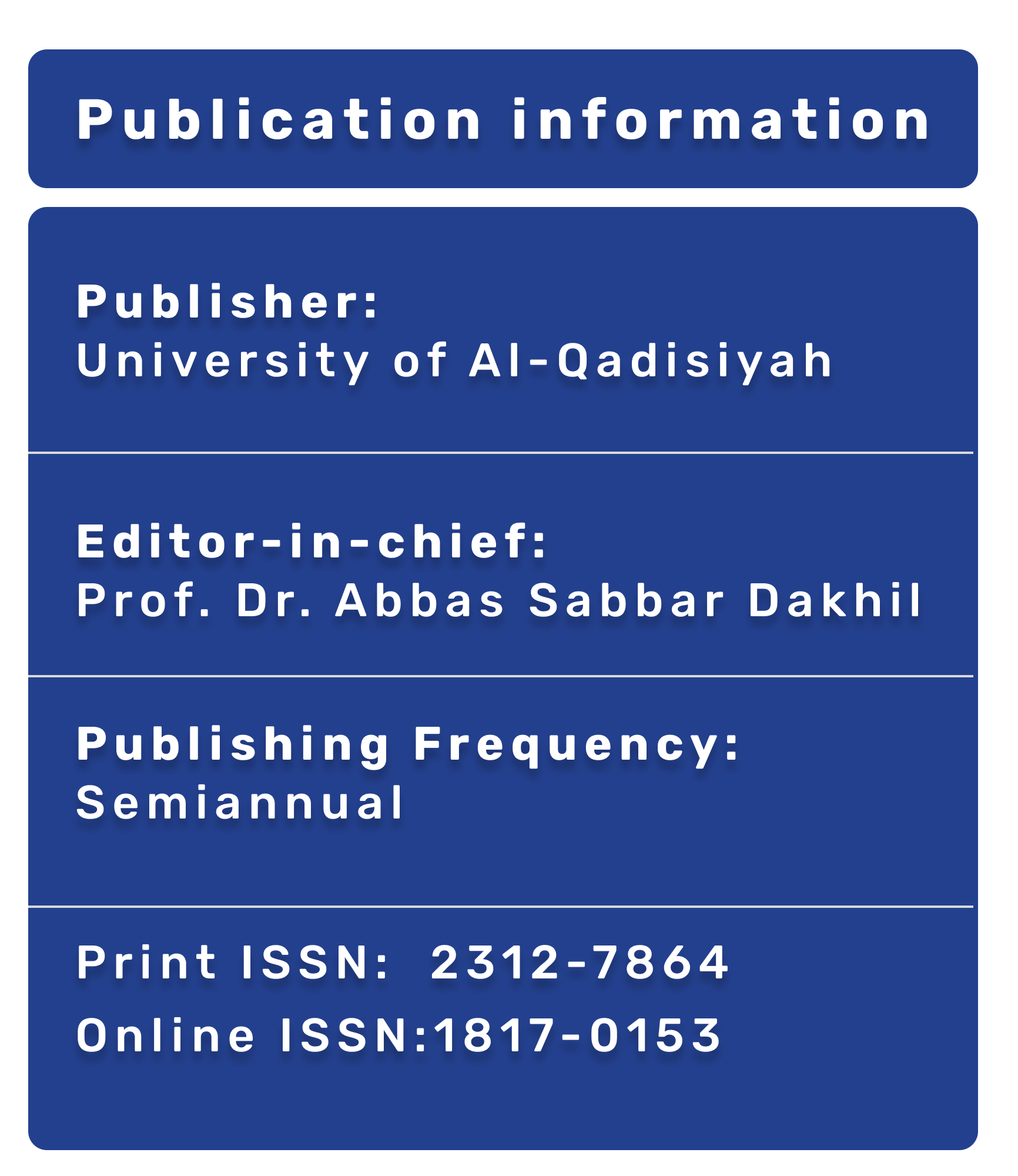Detection of TEM and SHV genes in Escherichia coli and Klebseilla species isolated from cancer patients in Al-Diwaniya Governorate
DOI:
https://doi.org/10.28922/qmj.2013.9.16.22-39الملخص
The aim: Detection of some genes that encode to some extended spectrum beta-lactamase enzymes in E. coli and Klebseilla spp. isolates from colon and bladder cancer patients by using the phenotypic and genotypic method. Methods: A total of 61 stool and urine samples collected from 61 patients definitely and clinically diagnosed with cancer. All these isolates were identified by conventional methods and confirmed by VITEK-2 system. Antimicrobial susceptibility testing was determined using disk diffusion methods. Investigation of production of ESBL was done by DDST methods while screening of β-lactamase genes was done by PCR technique.Results: The study revealed that Klebsiella species and E. coli were detected in 17 (73.9 %) from urine samples, and 19 (73 %) from stool samples, the vast majority of isolates were found to be resistant to ß-lactam antibiotics (ampicillin and amoxicillin) in the primary screening test at percentage 19 (86.4 %) of E. coli isolates and 13 (92.8 %) Klebsiella spp. and all the tested isolates are resistant to a minimum of three classes of antibiotics to which they are tested, hence the isolates are considered to be multidrug resistant. the confirmative detection of ESBL by double disk synergy test showed that out of 32 β-lactam resistant E. coli and K. pneumoniae subsp. pneumoniae examined in this study, ESBLs were detected in 9 (28.1 %) isolates. The results of molecular detection of ESBL genes (blaTEM and blaSHV) by using PCR technique showed that all the tested ESBL producing isolates were carried at least one of the ESBL genes SHV and (66.7 %), TEM (55.6 %).
Conclusion: There is a high occurrence of the tow ESBL genes in clinical isolates of colon and bladder cancer patients.








